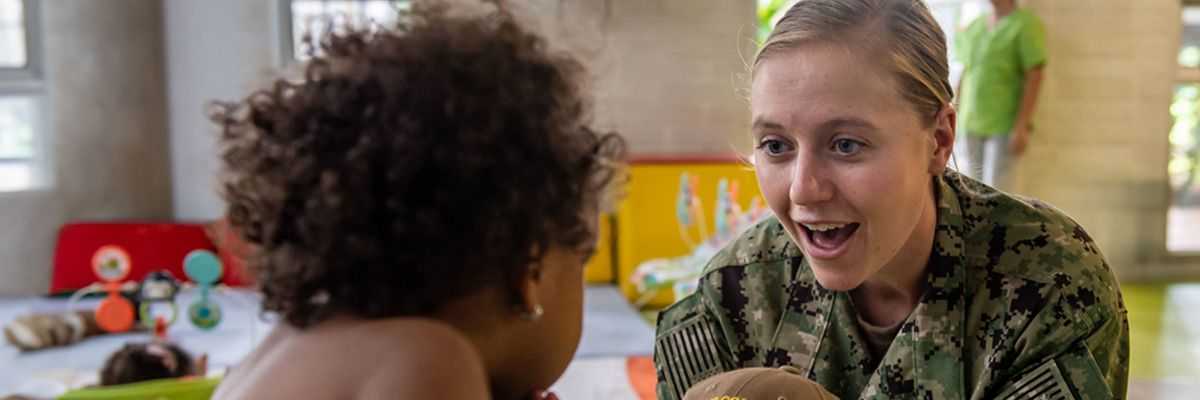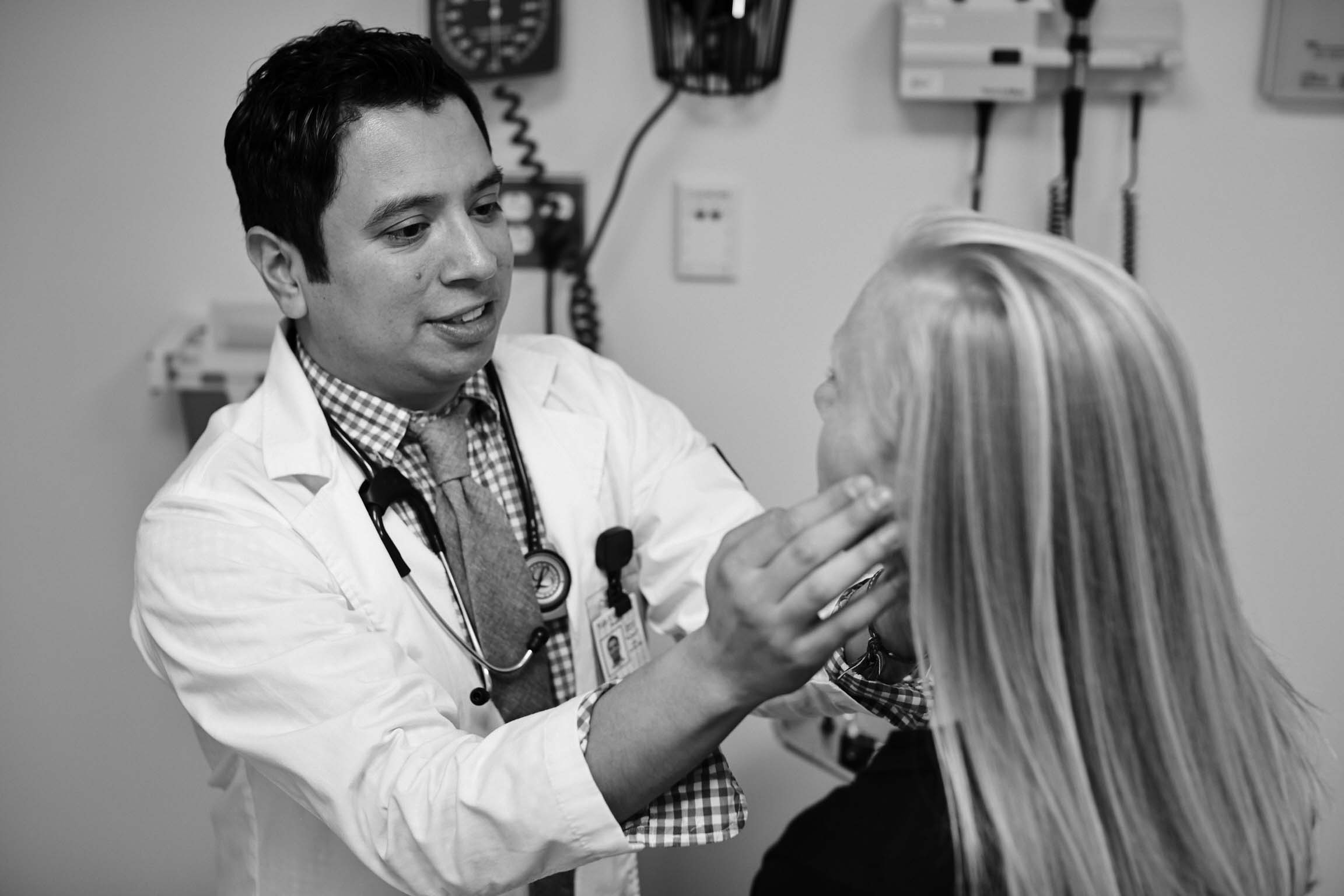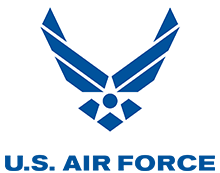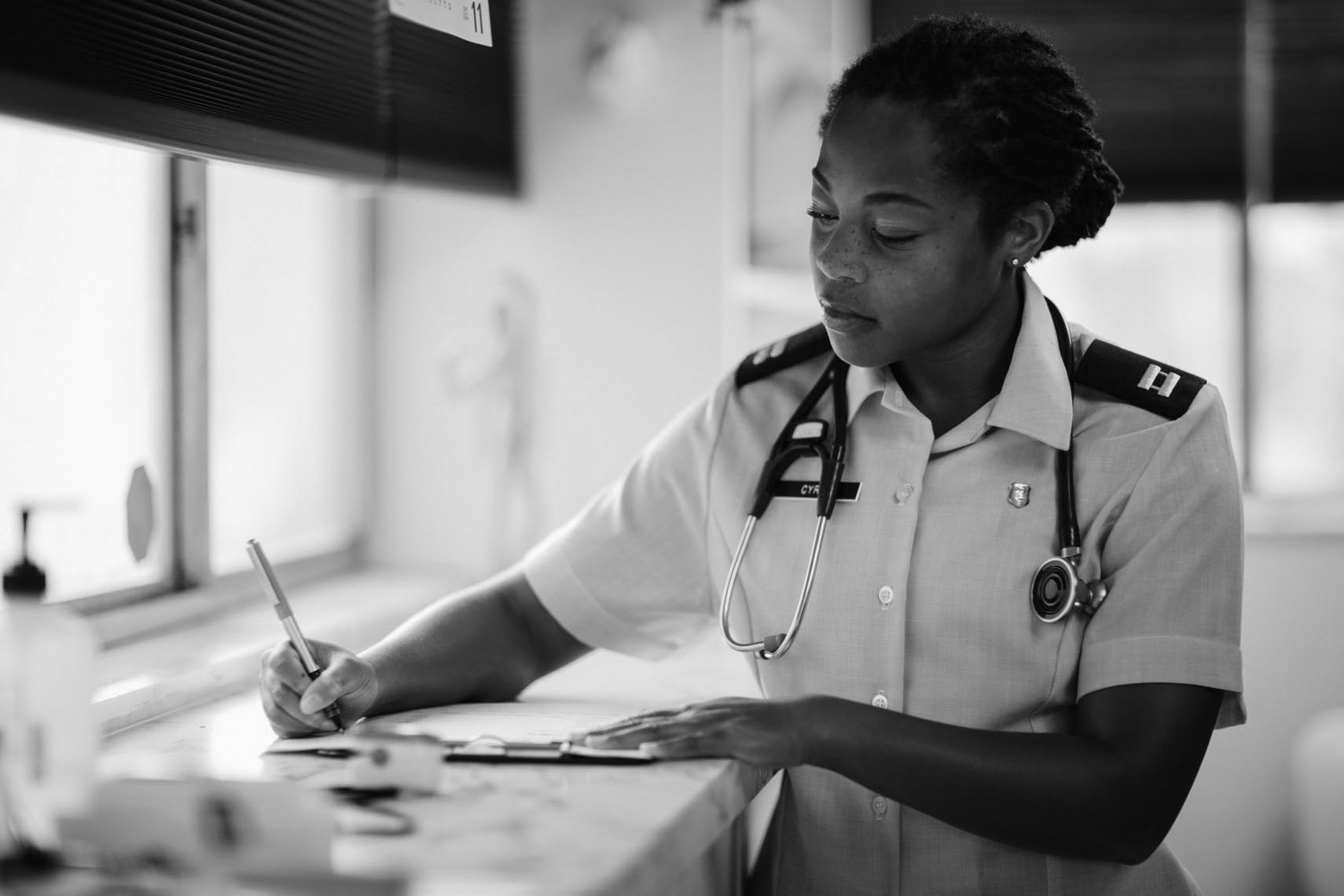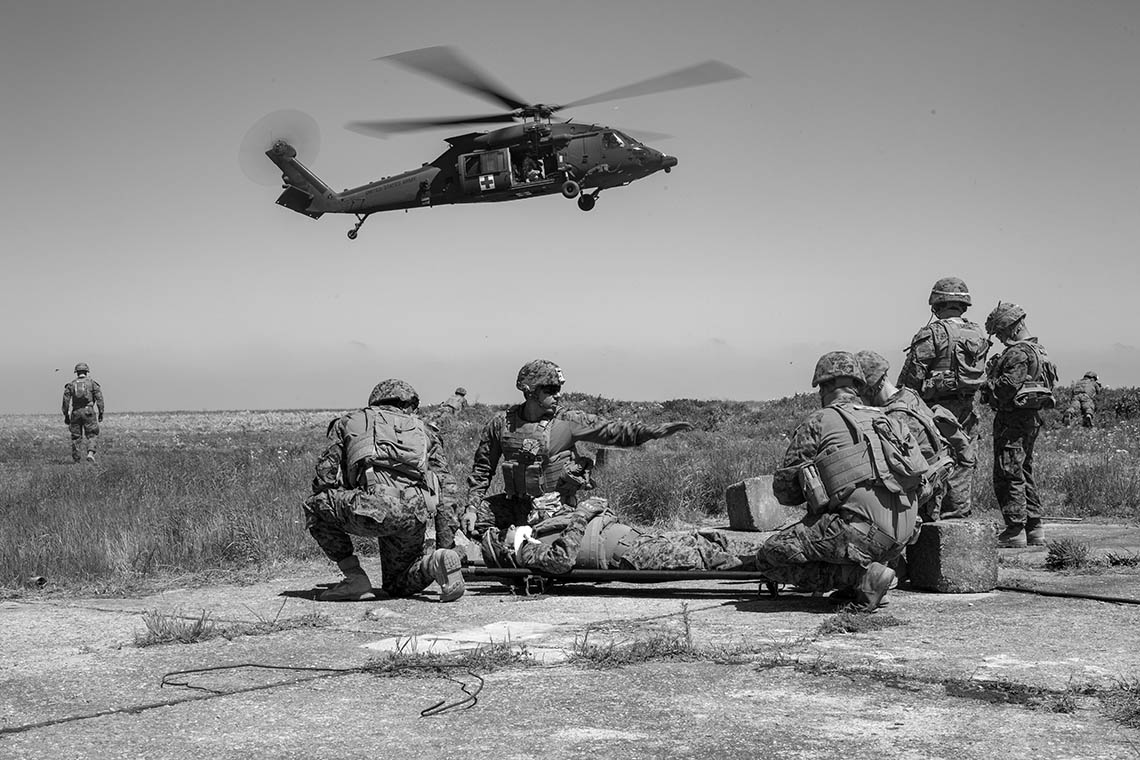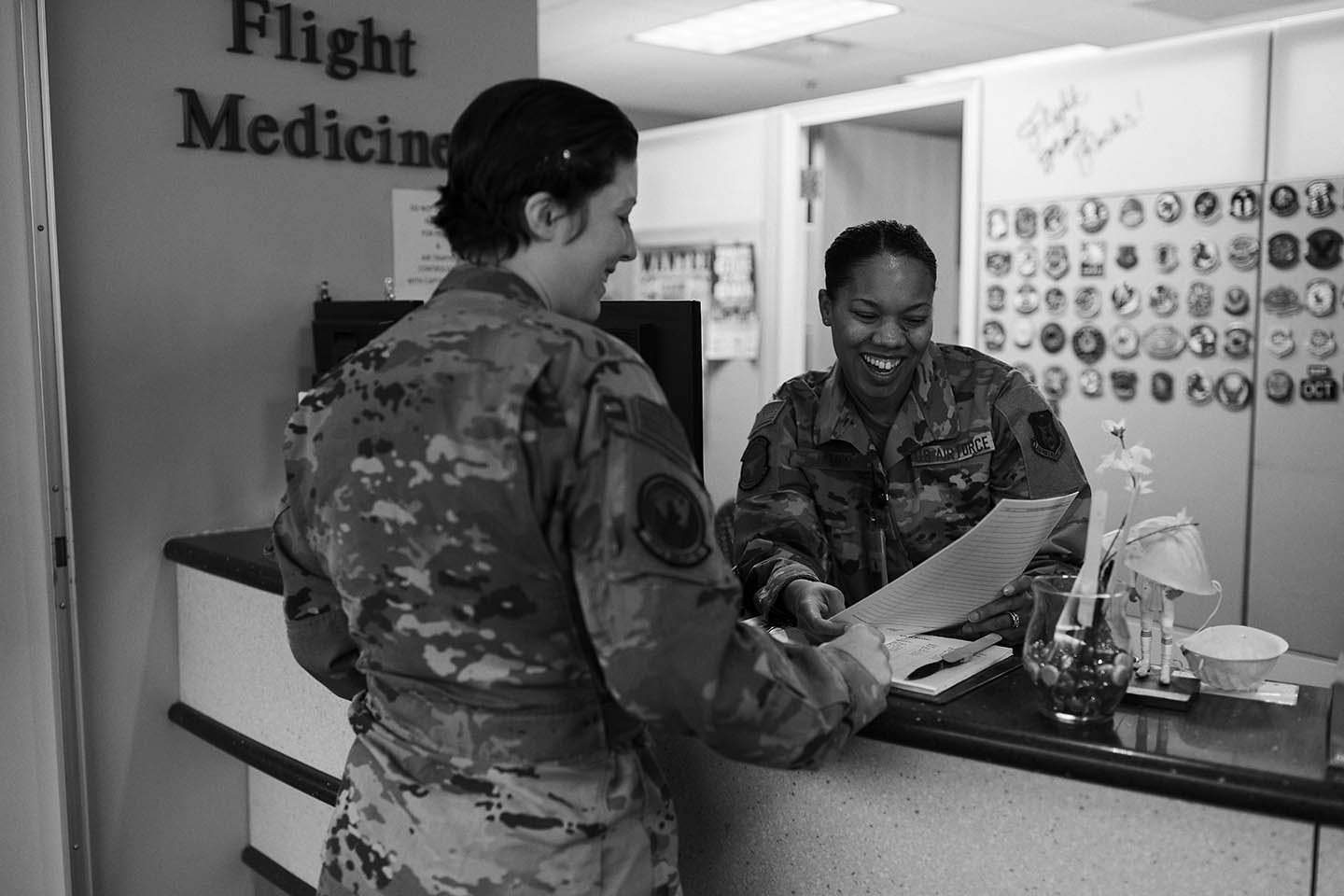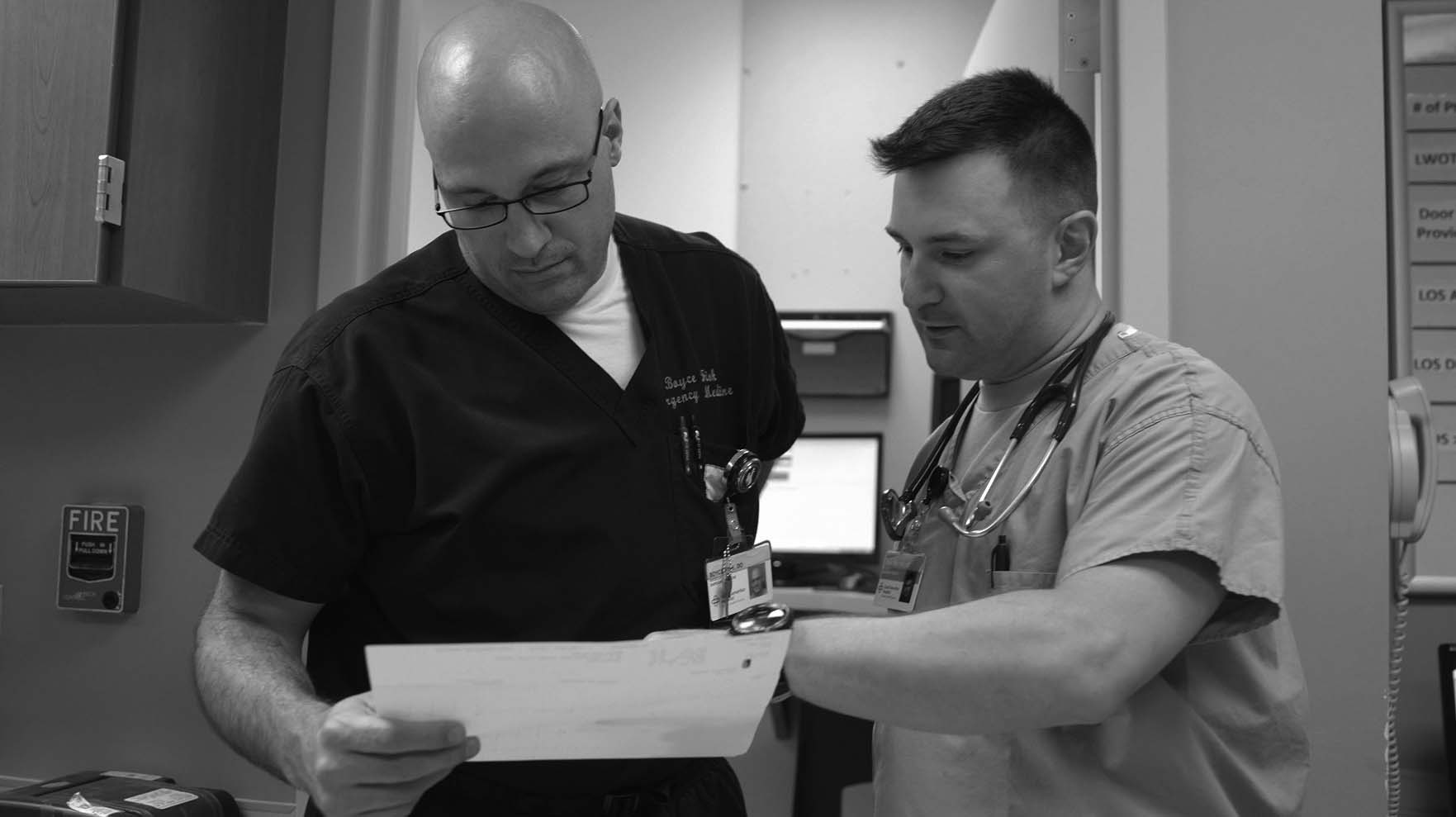Unique Programs + Opportunities
Through a number of support resources and exclusive research opportunities, the Navy can help ease financial burdens and advance your career.
For example, the Health Services Collegiate Program (HSCP) provides anywhere from $157,000 to $269,000 while students finish medical school. This financial assistance option also includes a monthly salary and housing allowance from $3,280 to $5,610 for up to 48 months of your program (housing allowance may vary depending upon location).
In addition, there are numerous clinical and basic science research opportunities within the Navy, which are spread across eight enterprise research and development laboratories. A few of the current Naval Medical Research and Development Enterprise laboratories include:
Naval Medical Research Center (NMRC)
Headquartered in Silver Spring, Md., NMRC functions as a major research laboratory and headquarters for the seven other Navy Research Development Test & Evaluation (RDT&E) laboratories. Research at NMRC focuses on mission-aborting infectious disease agents; infectious disease vaccine development; operational and undersea medicine; bone marrow research; and biological defense.
Naval Submarine Medical Research Laboratory (NSMRL)
Located in Groton, Conn., the research programs at NSMRL focus on submariner wellness, psychological fitness, shipboard health and performance, underwater bioeffects, submarine survival and escape, and human systems.
Naval Medical Research Unit-Dayton (NAMRU-D)
NAMRU-D research conducted in Dayton, Ohio, is focused on maximizing warfighter performance and survivability through aeromedical and environmental health studies. Key areas of research include spatial disorientation; situational awareness; motion sickness; unusual acceleration environments; fatigue; vision and hearing studies; effects of altitude; and the toxicity of chemicals and materials used in military operations.

